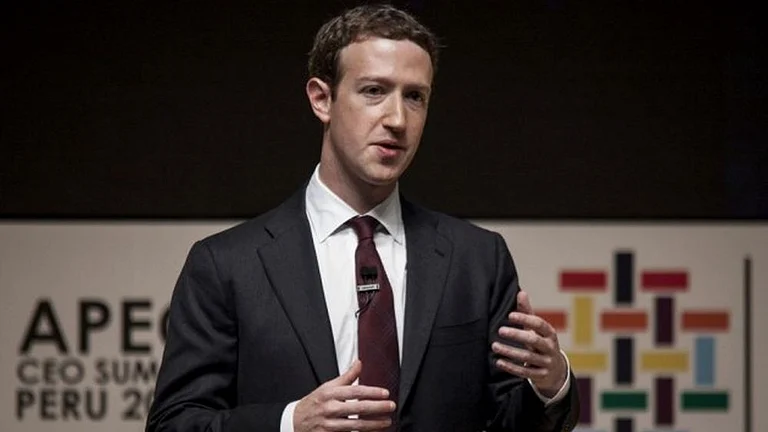Singaporean banking major DBS Group plans to cut 4,000 jobs, or about 10% of its workforce, over the next three years as it expects artificial intelligence (AI) to take over human tasks. The move was announced by its outgoing CEO, Piyush Gupta, at an event by the Indian IT industry group Nasscom in Mumbai on February 24.
"This year, my current projection is that in the next three years, we are going to shrink our workforce by 4,000 or 10%," Gupta said, as per PTI.
He added that the company is struggling to repurpose employees it plans to lay off.
"In my 15 years of being a CEO, for the first time, I'm struggling to create jobs. So far, I've always had a line of sight to what jobs I can create. This time, I'm struggling to say how I will repurpose people to create jobs," Gupta said, as per Reuters.
Although he noted that DBS Group will add 1,000 new positions for AI deployment.
Later, in a statement, the Singaporean bank clarified that the 4,000 job losses will comprise contractual staff members working across their 19 markets on specific projects. They added that some of these cuts will come from "natural attrition."
DBS CEO Piyush Gupta is set to be succeeded by Tan Su Shan on March 28.
AI-Caused Job Loss
Global banks are expected to cut up to 200,000 jobs in the next 3-5 years due to artificial intelligence, according to a Bloomberg Intelligence report. Back-office, middle-office, and operations roles are most at risk. However, the report noted that AI won't eliminate jobs entirely but will lead to workforce transformation.
Earlier in June 2024, Citi said that AI is likely to displace more jobs across the banking industry than in any other sector. It noted that about 54% of banking jobs have a high potential to be automated.
While talking about the AI-led change, the DBS CEO also mentioned that in 2016-17, the Singaporean bank embarked on a digital transformation that impacted 1,600 people. However, he claimed that almost all of them were repurposed in consultation with unions.
Banks may see a 12-17% increase in pretax profits by 2027, adding up to $180 billion to their bottom line, as AI boosts productivity. Eight in ten respondents in the Bloomberg survey expect generative AI to increase productivity and revenue by at least 5% in the next 3-5 years.

































